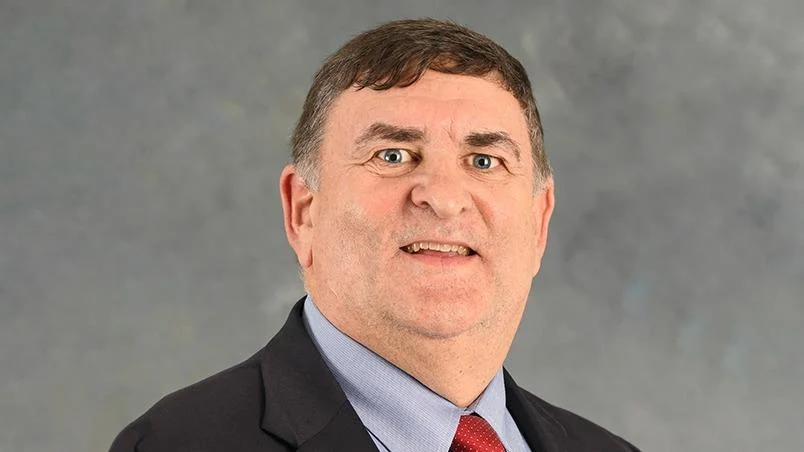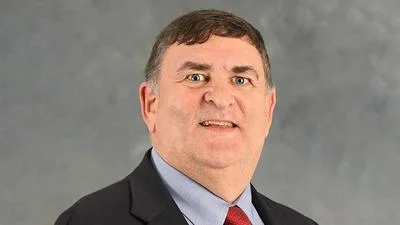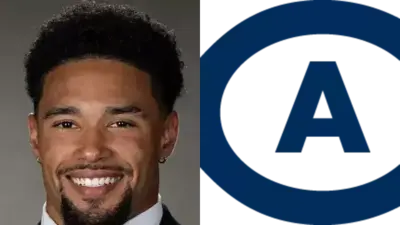Dave Severin, Illinois State Representative for 116th District | Official Website
Dave Severin, Illinois State Representative for 116th District | Official Website
The Illinois General Assembly is set to reconvene in Springfield for its annual Veto Session, scheduled for October 14-16 and October 28-30. Traditionally, the session allows lawmakers to review bills that have been vetoed or amended by the Governor, with options to override a veto by a three-fifths majority in both chambers or accept an amendatory veto.
This year’s agenda may extend beyond standard reviews, as legislators are expected to address unresolved issues from the spring and new matters that have arisen over the summer. Among these are potential measures to address financial shortfalls facing Chicagoland mass transit agencies and consideration of new green energy policies.
Chicagoland’s mass transit agencies face an operating budget gap exceeding $770 million. This deficit was partly caused by using federal COVID-19 relief funds for ongoing operational costs rather than one-time pandemic-related expenses. During the previous session, Democratic leaders proposed a bailout plan that included several tax increases such as a $1.50 delivery tax on nearly every package delivered to homes—including groceries.
“Home delivery, especially for essentials, has become a lifeline for many families,” said Deputy House Minority Leader Ryan Spain. “At a time when high prices on essentials are already hurting family budgets across the state, adding a new delivery tax on top of the sales taxes families are already paying would be devastating.”
In addition to the delivery tax proposal, lawmakers may revisit discussions about imposing a service tax covering more than eighty everyday services like parking, haircuts, dry cleaning, oil changes, and home repairs.
“We fully expect the service tax conversation to come back during Veto Session this fall,” said Deputy House Minority Leader Norine Hammond. “This is a clear sign that Illinois families and small businesses are going to be asked to do more to fill the void for Democrats’ failed financial stewardship of our government. A service tax will drive up the cost of living even more for Illinois families.”
On energy policy, Democrats and environmental groups continue efforts toward expanding green energy initiatives despite recent increases in energy costs attributed by critics to current policies. The latest proposal includes surcharges on electric bills aimed at funding battery storage projects, loosening some nuclear power restrictions, and introducing additional energy efficiency requirements.
“Speaker Welch and Governor Pritzker like to pretend Illinois is leading the way on energy. But the truth is we are falling further behind while utility bills skyrocket, manufacturing jobs are at risk, and investment dollars leave our state,” said House Minority Leader Tony McCombie. “Fortunately, Illinois is blessed with one of the strongest nuclear fleets in the nation. Instead of chasing unrealistic green energy deadlines and expensive subsidies, we should focus on reliability and affordability. Families don’t care about ‘green’ slogans; they care about whether they can afford their electric bill and whether the lights stay on when it’s 100 degrees or -10.”
Concerns also persist regarding Illinois’s Biometric Information Privacy Act (BIPA), with some job creators warning that strict regulations combined with possible energy constraints could jeopardize thousands of jobs and billions in investments within technology and construction sectors.
Governor J.B. Pritzker recently issued an Executive Order instructing state agencies to identify spending cuts amid concerns over future budget shortfalls—this after signing what became Illinois's largest-ever budget at $55.2 billion in July following an approximately 40% increase in state spending since he took office.
House Republicans have voiced criticism regarding increased taxation and government spending: “when state spending has increased nearly 40% in just six years,” they argue fiscal problems stem from long-standing practices rather than external factors.
Other topics potentially up for debate include proposals related to mandatory voting requirements statewide as well as changes affecting local election processes.
Issues not currently slated for discussion by majority party leaders include significant tax relief measures for families or small businesses; reforms addressing sanctuary state policies; amendments or repeal of provisions under the SAFE-T Act related to public safety; or ethics reforms targeting longstanding corruption concerns within state government.
Severin was elected as Republican representative for Illinois' 116th House District in 2023.




 Alerts Sign-up
Alerts Sign-up